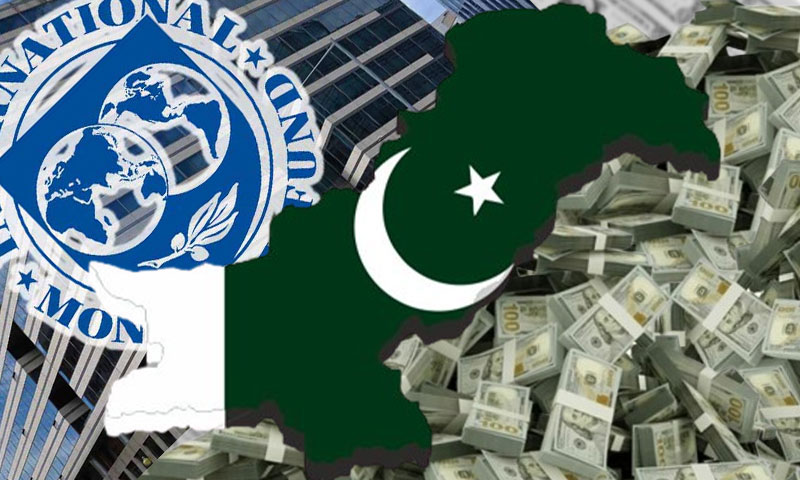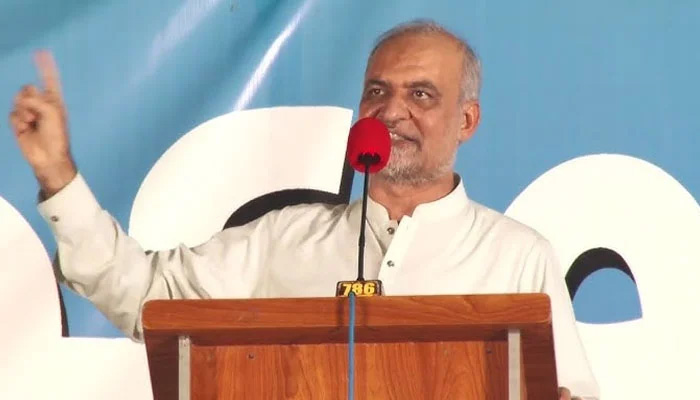IMF Approves $7 Billion Extended Fund Facility for Pakistan

Islamabad: The International Monetary Fund (IMF) Executive Board has approved a $7 billion extended package for Pakistan under the Extended Fund Facility (EFF) for a period of 37 months following the 2024 Article IV consultation.
In a statement from the IMF Communications Department, it was noted that Pakistan has implemented key measures to restore economic stability through the continuous enforcement of policies under the 2023 Stand-By Arrangement (SBA). The report highlighted that inflation has decreased to single digits and economic growth for FY 2024 is projected to rise by 2.4%, alongside improvements in the agricultural sector.
The IMF also mentioned significant enhancements in the current account and foreign exchange situation, stating that the State Bank of Pakistan successfully reduced the policy rate by a total of 450 basis points since June, supported by the FY 2025 budget.
### Need for Increased Tax Base
The IMF emphasized the necessity of expanding the tax base to achieve financial stability and meet the country’s social and developmental spending needs. The progress made under the SBA over the past nine months has prompted authorities to initiate new efforts to address challenges, build resilience, and enable sustainable development.
### Key Priorities
Under the new EFF program, key priorities include rebuilding policy credibility, promoting macroeconomic stability through the consistent implementation of strong macro policies, enhancing competitiveness of state-owned enterprises, and improving public service delivery and energy sector governance, alongside environmental protection measures.
### Economic Stability Restoration Critical
Following the Executive Board meeting, IMF Deputy Managing Director Kenji Okamura highlighted the importance of implementing sound policies to restore economic stability in Pakistan over the past year, which has helped mitigate short-term risks and rebuild confidence. He noted that economic growth has recovered, with foreign exchange reserves doubling compared to last year, and a significant decline in inflation rates.
### Structural Challenges Persist
Despite these advances, Okamura pointed out that structural challenges remain, requiring persistent efforts to strengthen resilience and economic prospects. He emphasized that maintaining fiscal stability and promoting private investment through revenue increases and prudent expenditure management will enhance performance and ensure necessary funding for human resources investment.
### Call for Rapid Implementation of Structural Reforms
Okamura stressed the need for rapid implementation of structural reforms to address long-standing challenges in productivity, resource allocation, and environmental issues. He advocated for a focus on reforming state-owned enterprises, promoting a level playing field for businesses, strengthening governance and anti-corruption institutions, and continuing efforts to build resilience in the environmental sector.
The IMF acknowledged the government’s efforts in financial management and economic development, stating that a comprehensive strategy for the reform agenda would ensure the achievement of desired economic goals while fostering social, economic, and environmental development objectives.






